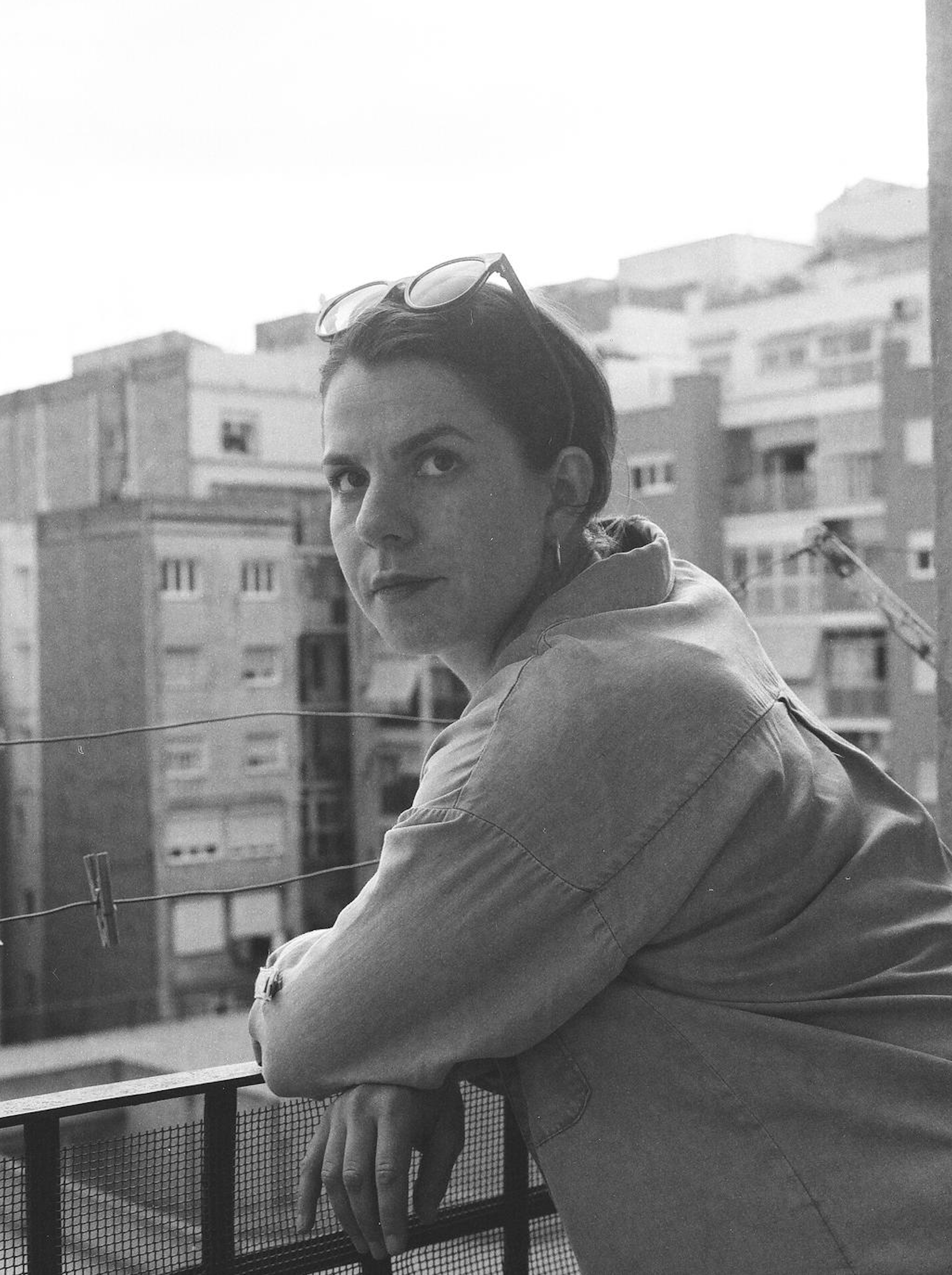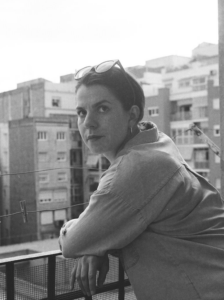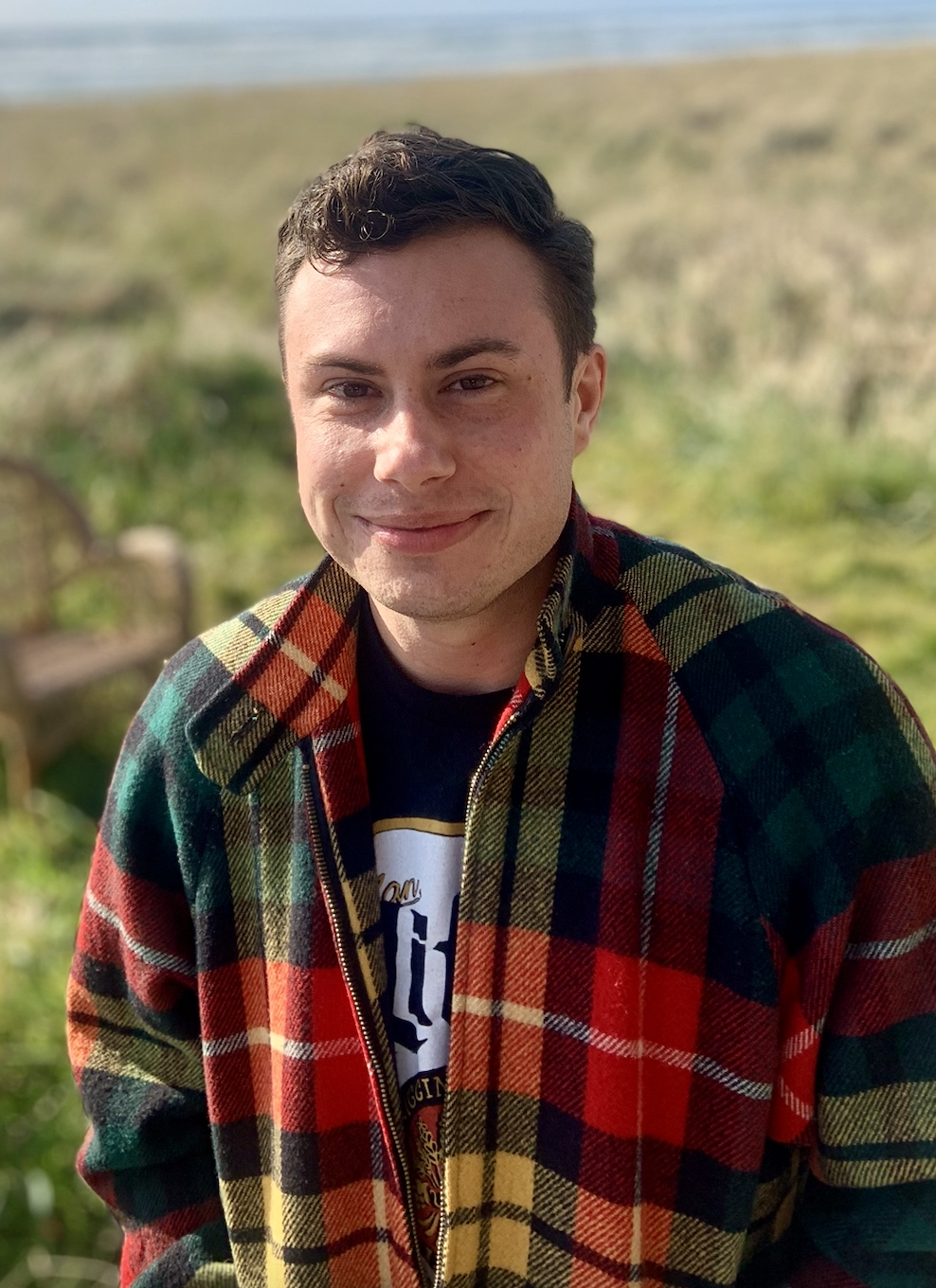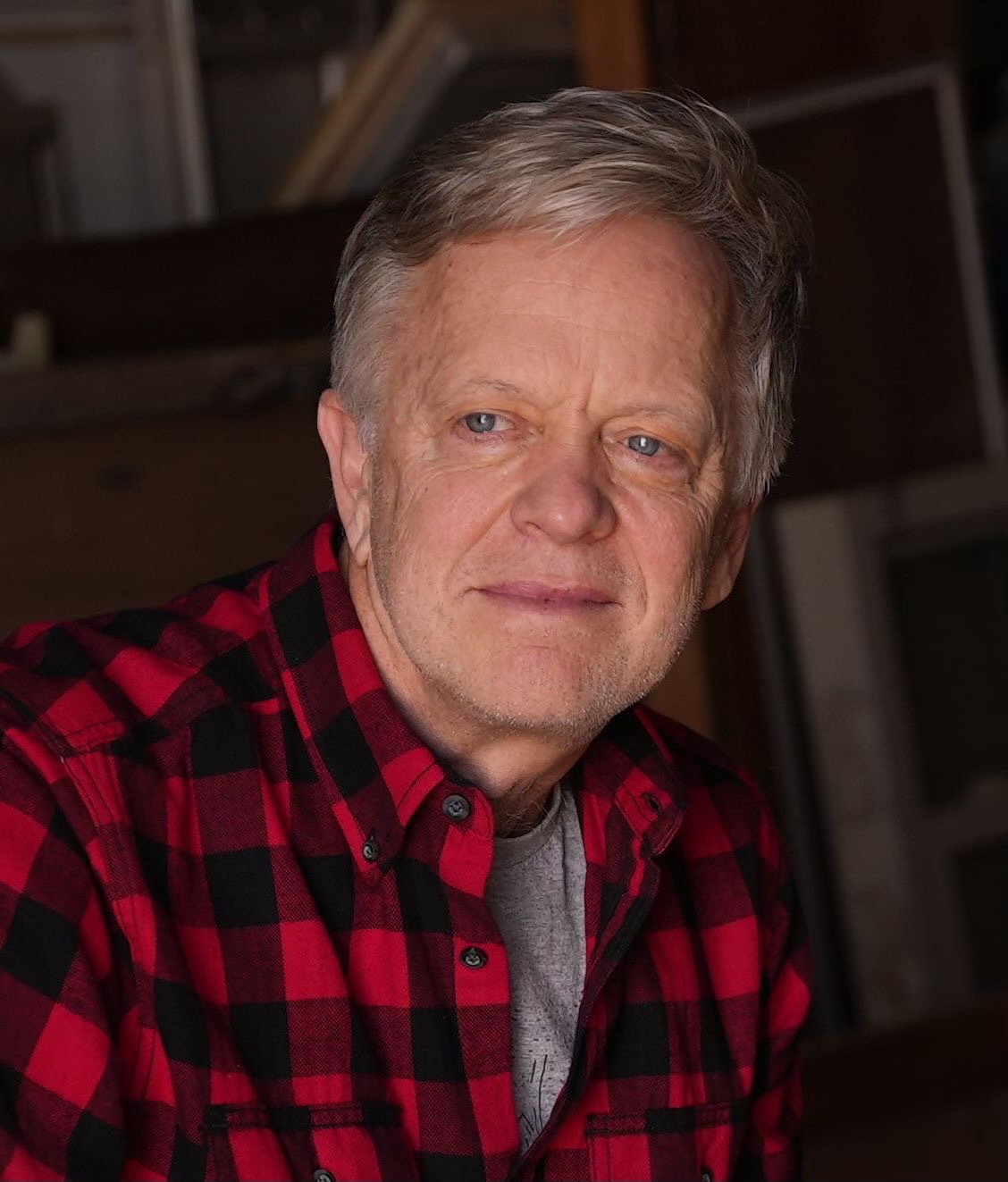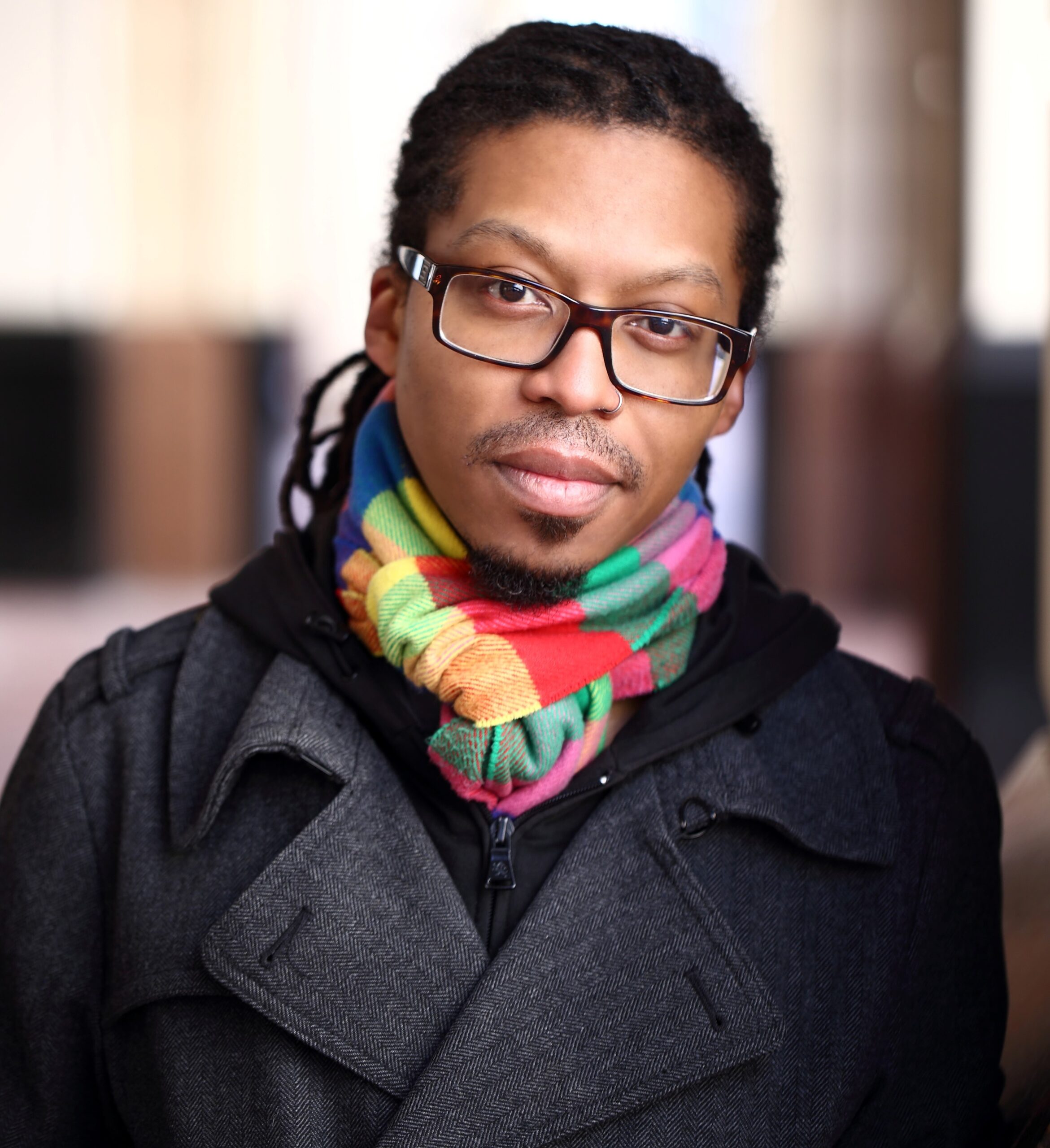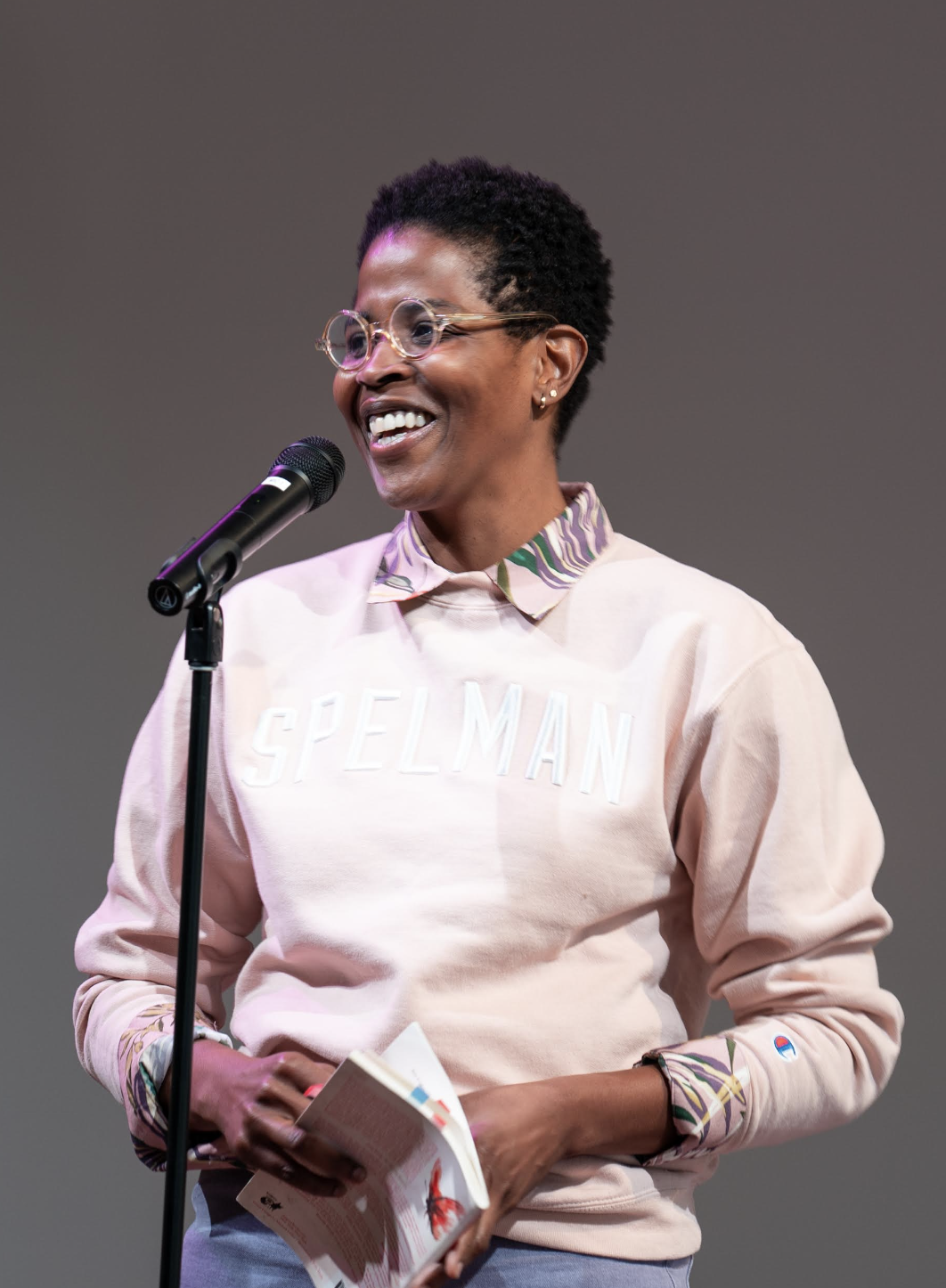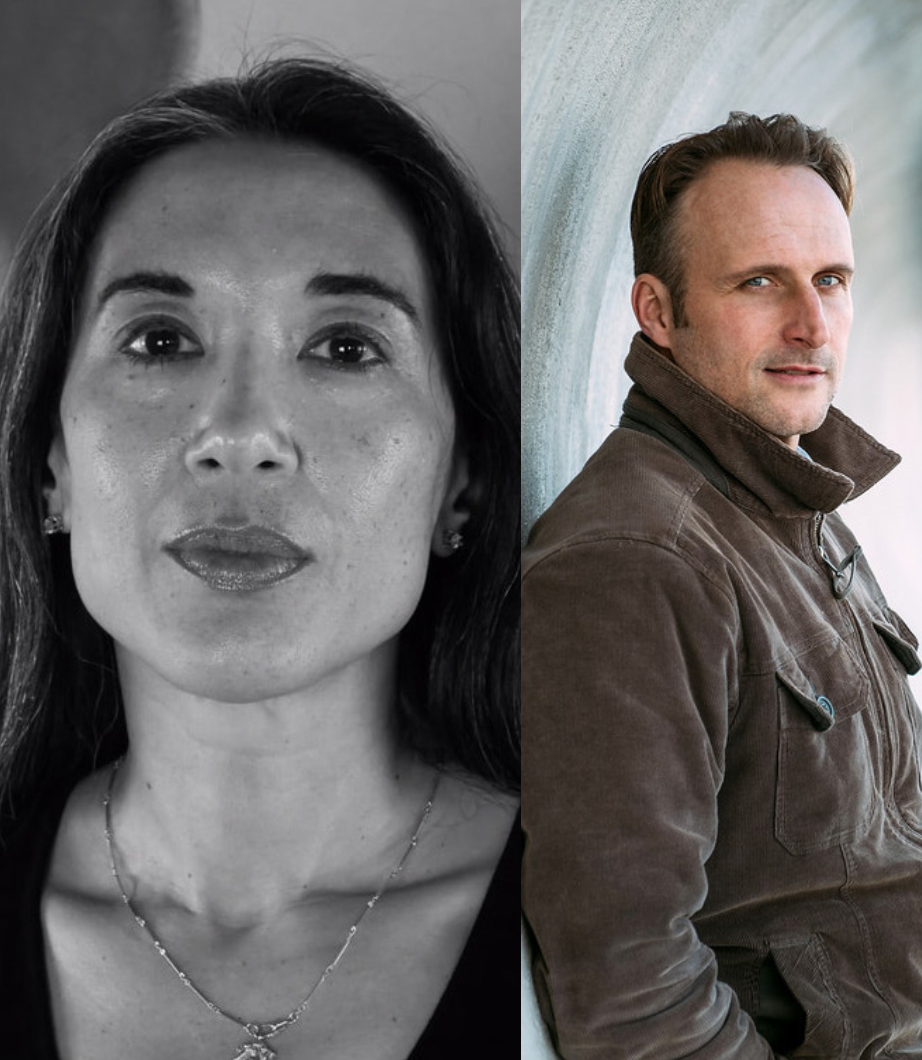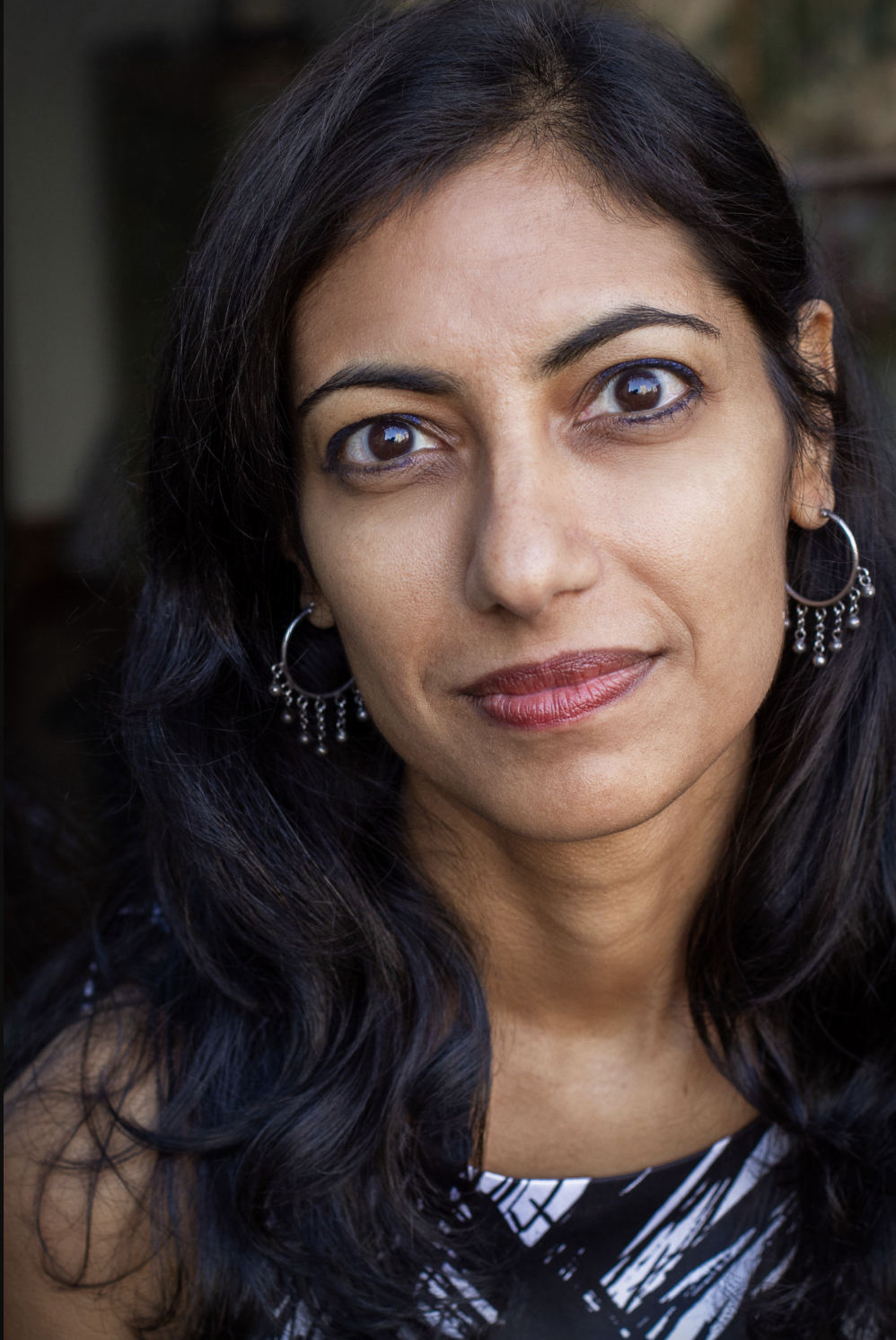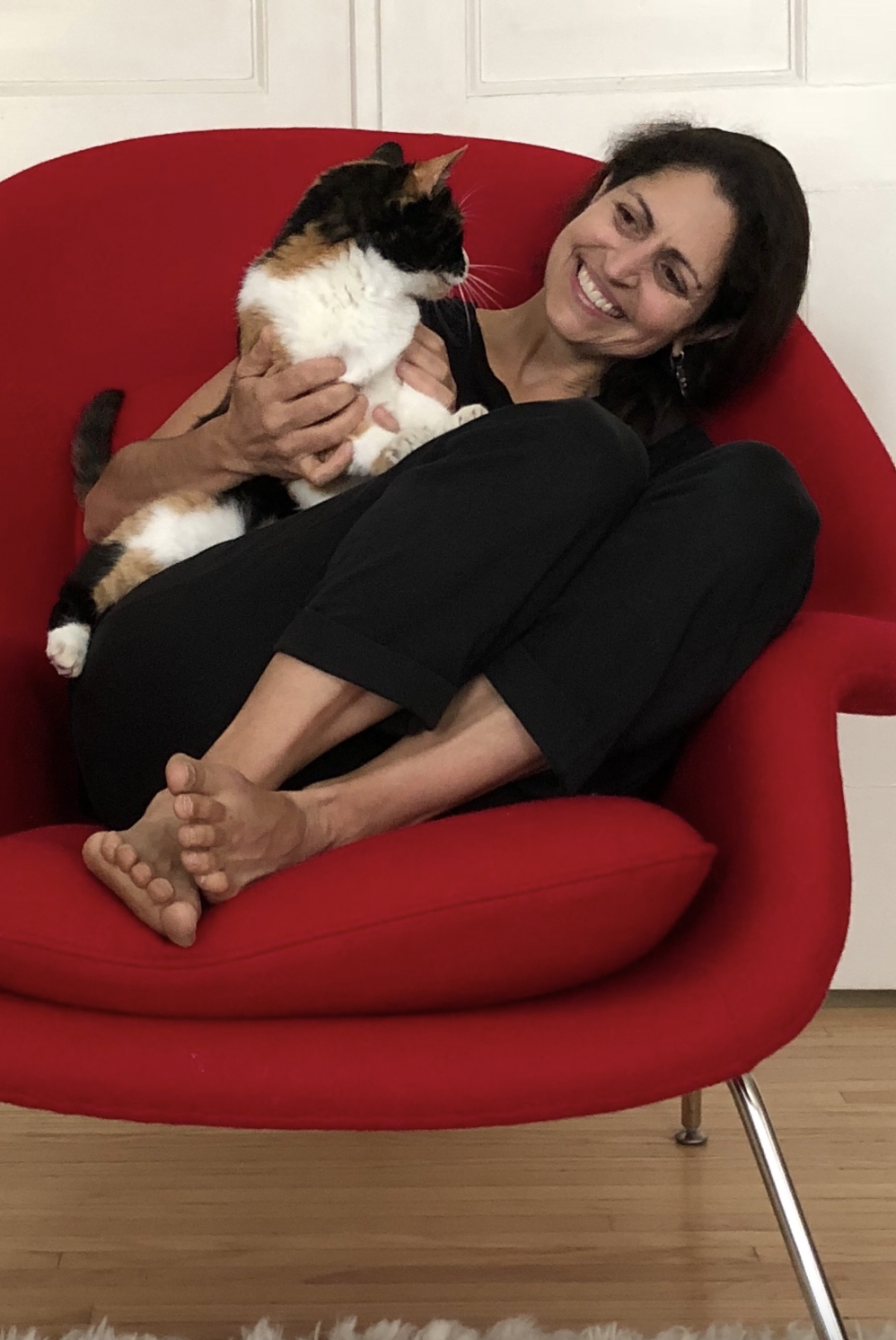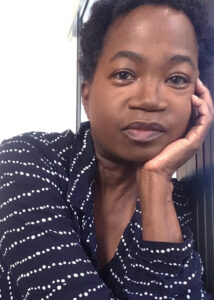 .
. 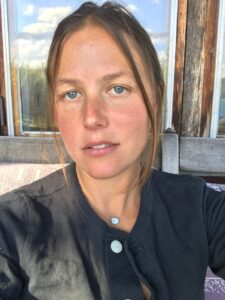
JOANNE McFARLAND is an artist, poet, and curator whose work centers on the intersection of language and visual representation. Her newest collection, Pullman (Grid Books, 2023), is a brilliant and singular exploration of form and artistic disciplines that examines themes of labor, creativity, eroticism, and love, engaging and interacting with events in the American past as they relate to the state of being human today. By exploring the history of the Pullman car porters of the late 19th-century railroads, McFarland’s poems and integrative collages explore historical sources, entries from the Black Almanac of 1972, lyrics created by McFarland’s own father—a songwriter for Aretha Franklin—and vintage French magazines. In this interview, MAKENNA GOODMAN connected with McFarland about Pullman and the broader scope of her artistic work. McFarland asks us to consider our relationship to the erotic, to our delight, to the sensual experience of being alive, to our drive to make music from a moan, to adhere ripped pages into re-imagined dresses, to reconsider the past as a way out of pain.


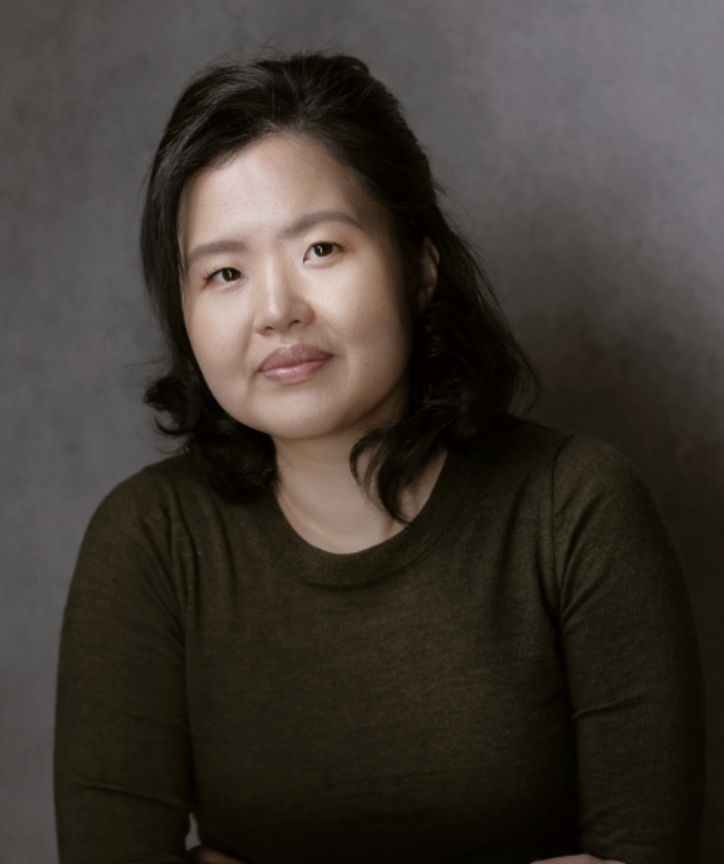
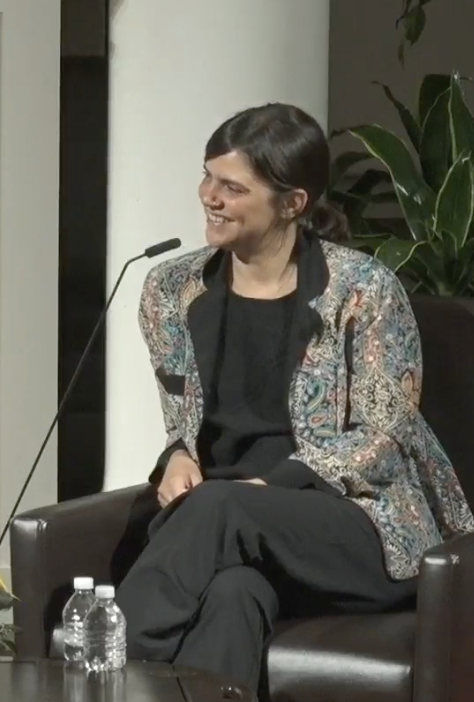
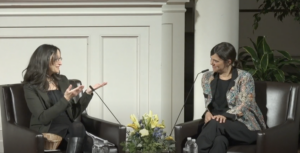
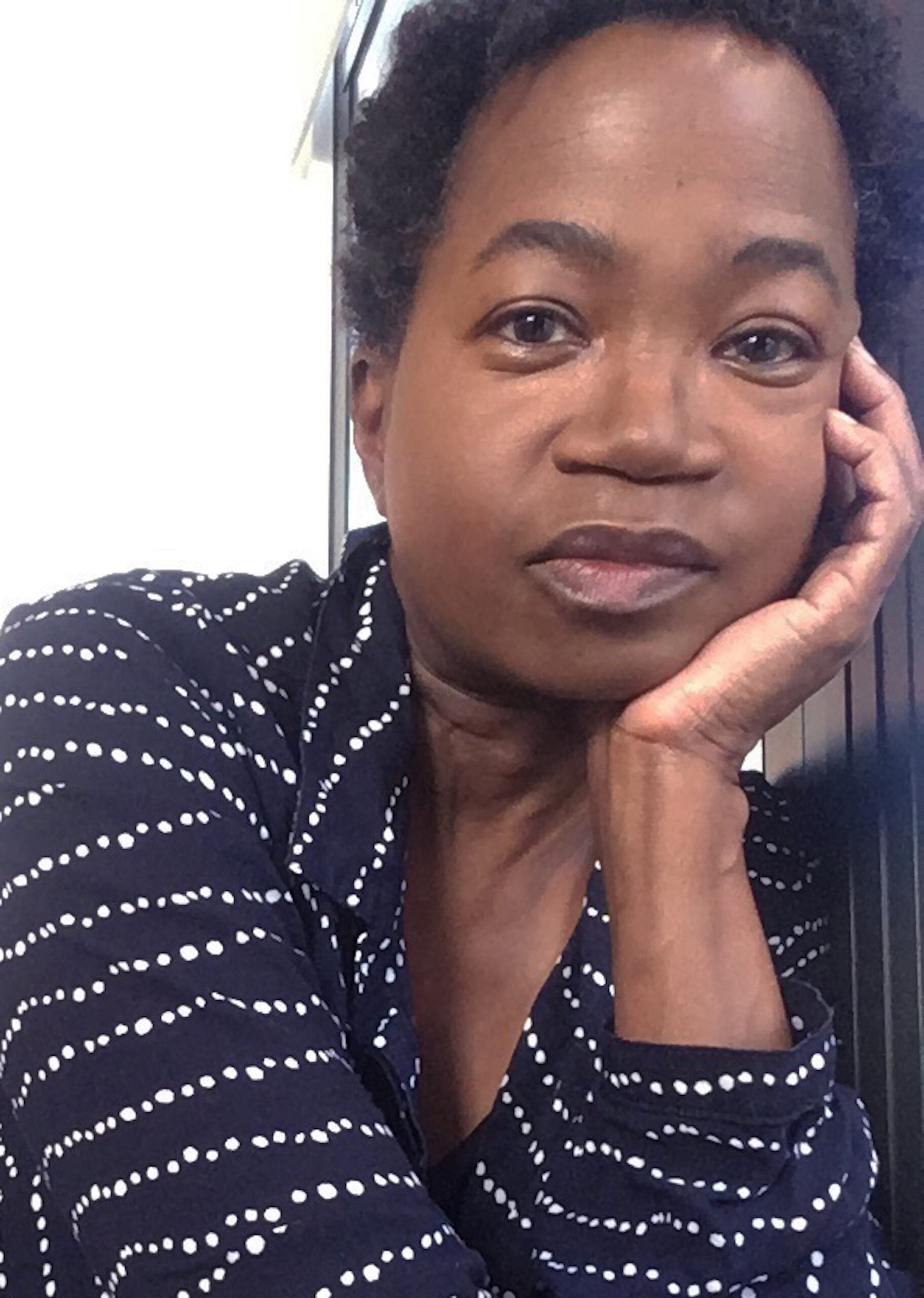
 .
. 
